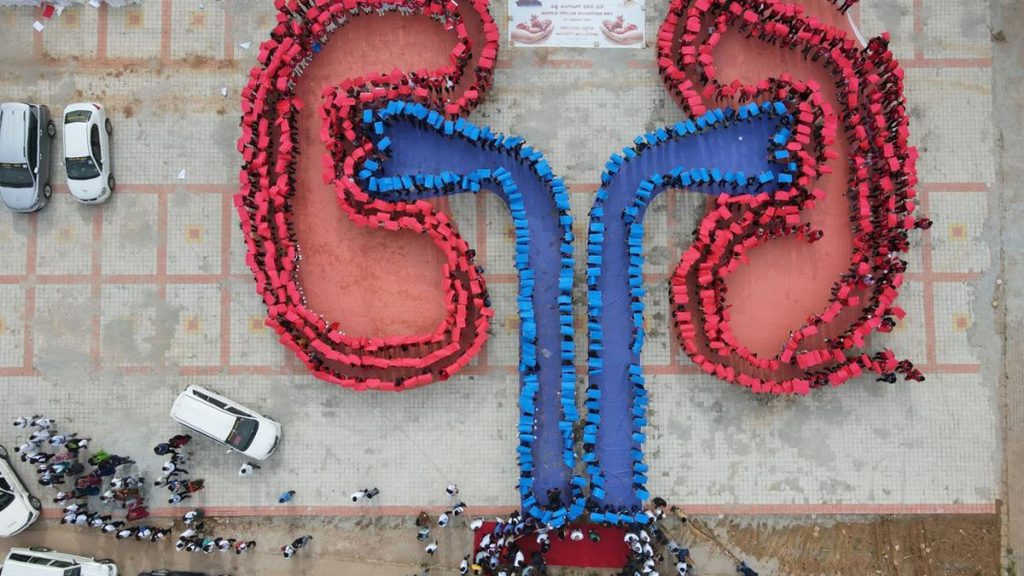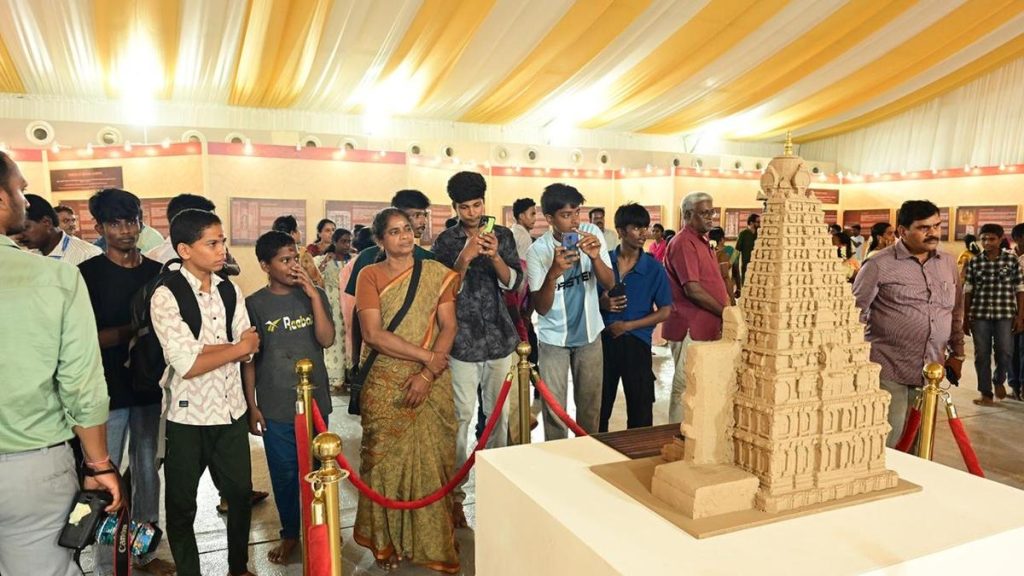Now Reading: HC Issues Notices to Government, Police on Woman’s Claim of Husband Harassed for Exposing Cattle Mafia
-
01
HC Issues Notices to Government, Police on Woman’s Claim of Husband Harassed for Exposing Cattle Mafia
HC Issues Notices to Government, Police on Woman’s Claim of Husband Harassed for Exposing Cattle Mafia

Fast Summary
- The telangana High Court issued a notice to the State government regarding a writ petition filed by Swathi Shinde, a pregnant housewife from Adilabad.
- The petition alleges that her husband, Rohit Shinde, is being falsely implicated in criminal cases for exposing illegal cattle transport activities and their purported nexus with certain law enforcement personnel.
- Notices were served to multiple officials, including the Principal Home Secretary, Director General of Police (DGP), Adilabad SP Akhil Mahajan (Eo Nominee), DSP, and Central Crime Station House Officer.
- Swathi claimed her husband had critical evidence about the involvement of transport mafia in illegal cattle trade and their ties with law enforcement personnel. She alleged that police entered their residence in plain clothes shortly after Rohit released a video detailing his “false implication” and threatened her with dire consequences.
- Justice T. Vinod Kumar allowed Swathi’s counsel to serve personal notice to the Adilabad SP and scheduled the next hearing for two weeks later.
Indian opinion Analysis
The writ petition raises meaningful questions about accountability within law enforcement agencies when allegations of collusion or misconduct arise. Irrespective of its outcome, this case highlights systemic concerns over whistleblower protection in India. Allegations involving organized crime and potential complicity by officials demand thorough examination-not simply for justice delivery but also for preserving public trust in institutions meant to uphold order.
The court’s decision on this matter could have broader implications on how such cases are addressed procedurally-both concerning whistleblowers’ safety and ensuring transparent inquiries into misuse of power within administrative frameworks.A balanced approach will be crucial as both individual rights under due process laws should exist alongside functional integrity measures involving state authorities.
























